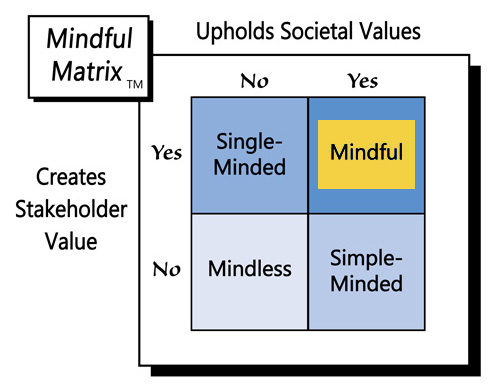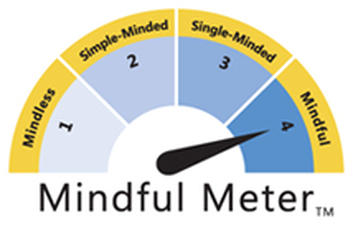What should we make, then, of restaurants that have made tipping taboo, i.e., customers are encouraged to enjoy their entrées but are told not to tip? You may be thinking that such a policy is unfeasible, but tip-banning is happening at an increasing number of American eateries. While some are stand-alone stores, others are multi-location restaurants, and at least one is a well-known national chain with over 120 locations in 32 states: Joe’s Crab Shack, which is testing the concept in select stores.
Among the other restaurants that have chosen to ban tipping are two New York City sushi spots--Sushi Yasuda and Restaurant Riki, 13 NYC establishments owned by Union Square Hospitality Group, Chicago’s Alinea, and the French Laundry of Yountville, CA.
Taken together, these restaurants and many others have created what some are calling a “no-tip movement.” Although a trend against tipping may seem improbable, it’s actually driven by some compelling concerns:
- Wait-staff compensation: some servers make just $2.13 per hour plus tips and rely heavily on the generosity of patrons to make up the difference between the low hourly rate and a living wage.
- Back room compensation: cooks and others working behind the scenes have an impact on restaurant service, but the law prohibits servers from sharing their tips with them. Consequently, their compensation can be considerably lower than that of servers, although their work is no less important.
Many restaurants experience very high employee turnover as a result, which they certainly want to avoid. By abolishing tips they believe they can charge customers more for their food—between 12% and 21%, depending on the restaurant’s target market and normal price points. This newly-found cash flow enables the eateries to pay employees more. For instance, at select locations where Joe’s Crab Shack is testing “no-tipping” the restaurant can pay an hourly wage between $12 and $14.
As such, no tipping is consistent with and supportive of the bigger movement to increase the minimum wage of fast food workers. Some also contend that customers appreciate no tipping because it negates the need to evaluate servers’ performance and to calculate gratuity.
With all these apparent advantages, what’s not to like about no-tipping? Well, again, customers pay more for their food, as no-tipping restaurants don’t eat those extra labor costs; rather, they pass them onto their patrons. One also must consider that restaurant food is taxable, which means even higher costs for consumers in a no-tip context. Of course, if the combined price increase is at the lower end of this range (15-20%), the net effect is pretty much neutral, as most people would tip those percentages anyway.
There’s also the argument that tips encourage wait staff to provide better service. That’s probably true; however, how then does one explain the good service that millions of other employees provide who are not similarly incentivized? It’s likely that motivation to serve others well is largely intrinsic, i.e., based on desires to help others and to be a nice person. Furthermore, there is also the extrinsic motivation that nearly everyone has to perform their job well in order to remain gainfully employed and/or to advance in their organization.
Speaking of motivation, some restaurants are rumored to take a no-tip approach simply so they can expropriate servers’ earnings for themselves. Such is the charge levied at Joe’s Crab Shack, which “has been experiencing slowing traffic, with sales and revenue taking a hit in the third quarter.” However, Raymond Blanchette, president and CEO of Ignite Restaurant Group which owns Joe’s Crab Shack, contends that the new compensation structure will lead to a better trained workforce and to higher employee retention, which stands to benefit both wait staff and the people they serve.
So, are no-tip restaurants Mindful? Maybe. The practice could easily be considered Single-Minded, if the particulars of the approach are unfair to wait staff. Or, the strategy might be seen as Mindless if in addition to being unfair, higher food prices deter diners. While the tip/no-tip issue seems rather straight forward on the surface, it becomes surprisingly complex when one considers the different impact on the various parties involved.
In the end, both tip and no-tip restaurants can be credited with “Mindful Marketing,” provided that their business models provide appropriate value to all parties, namely employees, restaurant owners, and consumers. In other words, both approaches have the potential to be fair to and respectful of all those involved in the dining experience.
Learn more about the Mindful Matrix and Mindful Meter.
Check out Mindful Marketing Ads and Vote your Mind!




 RSS Feed
RSS Feed